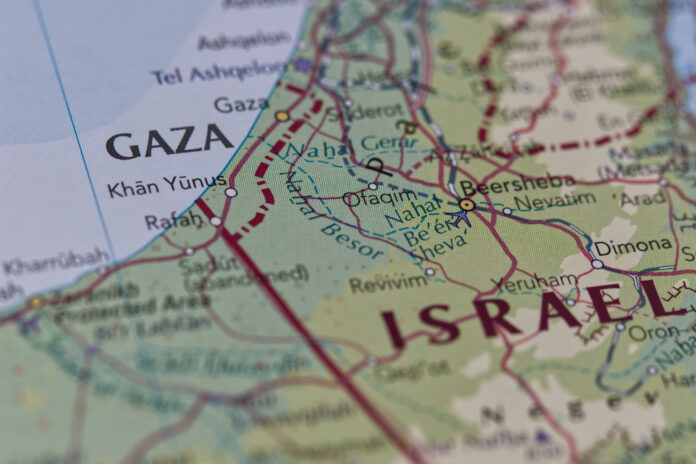In a recent development, a masked spokesperson for Hamas issued a warning to Israel, stating that the release of more prisoners is necessary if they wish to ensure the safety of their hostages. The spokesperson, identified as Abu Obeida, emphasized the need for negotiations, exchanges, and agreement on the terms of the resistance for the release of the hostages. This warning follows Israeli Prime Minister Benjamin Netanyahu’s claim that “dozens” of Hamas combatants have surrendered to Israel, declaring it as “the beginning of the end” for the terror group.
The pressure has been mounting on Netanyahu to secure the return of the 138 hostages still held in Gaza by Hamas and other armed groups. Approximately 110 hostages were released during a week-long ceasefire facilitated by Qatar, Egypt, and the U.S. However, concerns arise as the situation escalates.
Senior Hamas official Bassem Neim hinted at Hamas’s conditions, stating in late November that the group is willing to release all soldiers in exchange for their prisoners. Israel, on the other hand, maintains its stance of not releasing prisoners with Israeli blood on their hands. So far, Israel has released about 300 Palestinians associated with banned groups or charged with minor offenses.
The conflicting positions have led to a tense atmosphere, with recent events, such as a failed hostage rescue attempt that left two Israeli soldiers seriously wounded, adding to the complexity. Hamas claimed to have discovered Israeli soldiers attempting a rescue and engaged in a firefight resulting in the death of the hostage.
Qatari Prime Minister Sheikh Mohammed bin Abdulrahman Al Thani expressed concern over Israel’s ongoing bombardment of Gaza, stating that it is “narrowing the window” for success in negotiations. Despite efforts to broker a new truce, there appears to be a lack of willingness from both sides.
Netanyahu, in response, urged Hamas to surrender, declaring, “It is the beginning of the end of Hamas.” He called on Hamas chief in Gaza, Yahya Sinwar, to give up, emphasizing that the situation is over.
Unidentified security officials, as reported by Haaretz, fear that Israel’s continuous assault on Gaza may hinder efforts to secure the release of more hostages. Qatar’s Al Thani, involved in brokering the previous ceasefire and detainee release, criticized the Israeli military campaign, asserting that negotiation, not military action, proved successful.
The international dimension comes into play as Russia’s deputy foreign minister, Mikhail Bogdanov, engaged in discussions with top Hamas and other leaders, demanding the release of hostages held in Gaza. Russian President Vladimir Putin also spoke with Netanyahu, with Israel seeking support from Putin for additional hostage releases.
The situation remains tense, with conflicting narratives and the possibility of further complications in the ongoing hostage crisis.
By: Montana Newsroom staff




